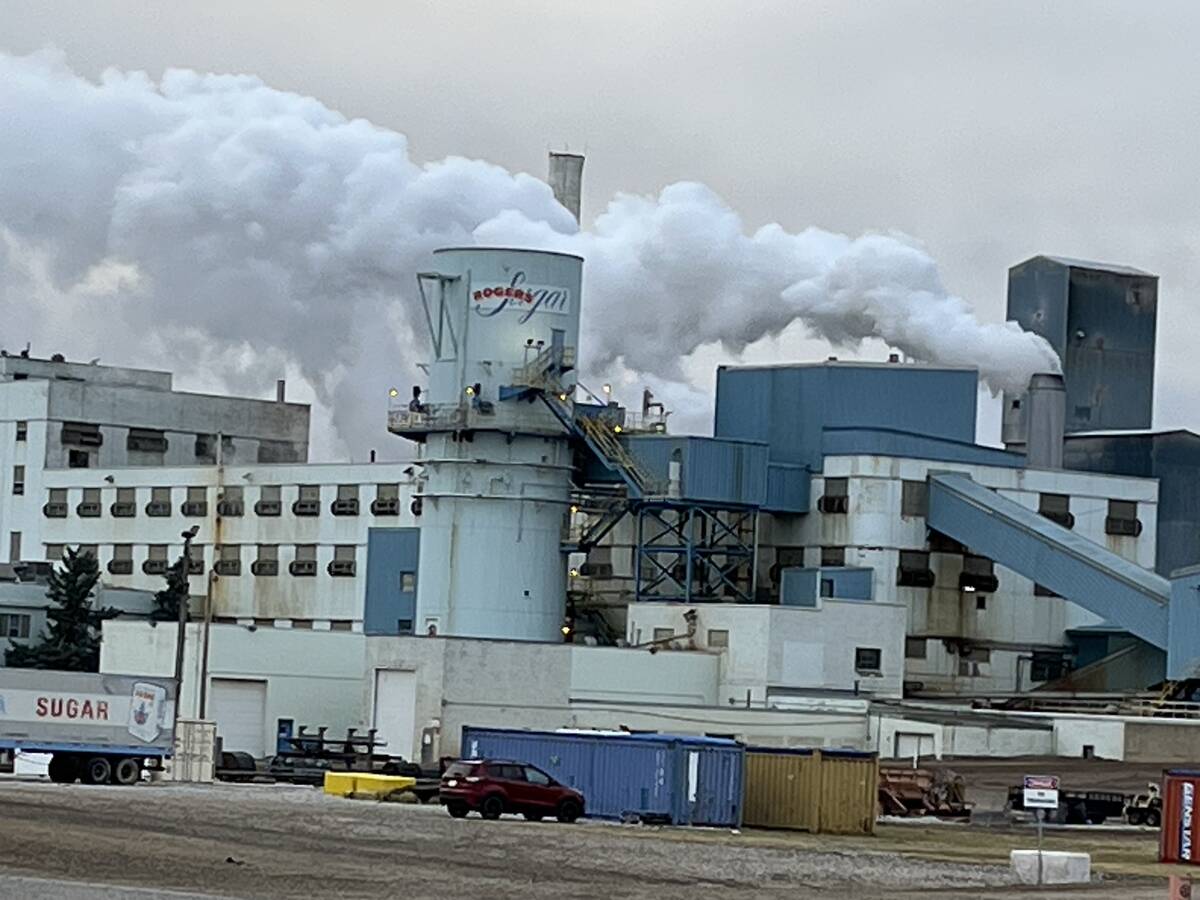Senior executives from the national railways have denied allegations that they have been overcharging farmers for grain hopper car maintenance.
Claude Mongeau, executive vice-president and chief financial officer of Canadian National Railway, told MPs June 22 at a House of Commons agriculture committee meeting that the issue of maintenance overcharging is the result of a “technical and flawed construct” in the revenue cap formula.
The railway revenue cap has an annual car maintenance cost allotment of $4,329 but a Canadian Transportation Agency analysis of 2004 actual costs concluded it was closer to $1,700.
Read Also

Sugar beet harvest underway in southern Alberta
Alberta Sugar Beet Growers hosts field tour to educate the public on the intricacies of the crop, its harvest process, and contracts with Lantic Sugar
That report led the Farmer Rail Car Coalition and its political supporters to charge that the railways have been gouging farmers by billing for millions of dollars in excess costs. The auditor general has been asked to investigate.
But Mongeau said it is a debate based on a faulty premise. The $4,329 figure was based on 1992 costs and has since been lowered and the one-time CTA assessment of actual spending was not reflective of usual railway spending.
But the real point is that freight rates under federal legislation have moved away from a cost-based system and now are governed by a revenue cap that does not take into account all railway costs, he said.
“The actual fact is the rate we get paid is under the framework of a revenue cap,” he said. “The revenue cap has been decided by the government, adjusted recently downward and overall is a very, very fair rate for farmers. Farmers in Canada pay the lowest grain rates in the world by far.”
He said they are 35 percent less than American rates.
Liberal agriculture critic Wayne Easter shot back that it is because the railways have closed down much of their branch-line system and have transferred to farmers the costs of getting grain to main lines.
The railways told MPs that the government made the right decision not to transfer the 12,000 government-owned grain hopper cars to the FRCC and promised they would replace the cars and invest, and that the system will become more efficient because of it.
Judy Harrower, assistant vice-president for agribusiness at Canadian Pacific Railway, said CPR is now receiving 500 new high capacity cars that cost $40 million and will replace older, smaller, less efficient cars.
Kristine Burr, assistant deputy minister in Transport Canada, told MPs that as part of the Conservative government decision not to sell the cars, the department will negotiate new operating agreements with the railways that will ensure they comply with lower revenue cap limits and do the car maintenance required, including repairs to gates and hatches that leak grain.
“With these measures, we are confident that grain producers will continue to benefit for many years to come from the government’s decision to retain the federal fleet of hopper cars,” she said.
Burr also noted that 1,000 of the original government hopper car fleet have been replaced by the railways already.
Transport Canada official Helena Borges disputed a claim by FRCC president Sinclair Harrison that a secret report commissioned by the government endorsed the FRCC business plan.
“I know you were told by the Farmer Rail Car Coalition that the report was a validation of their business case. That was not the case of that report.”














